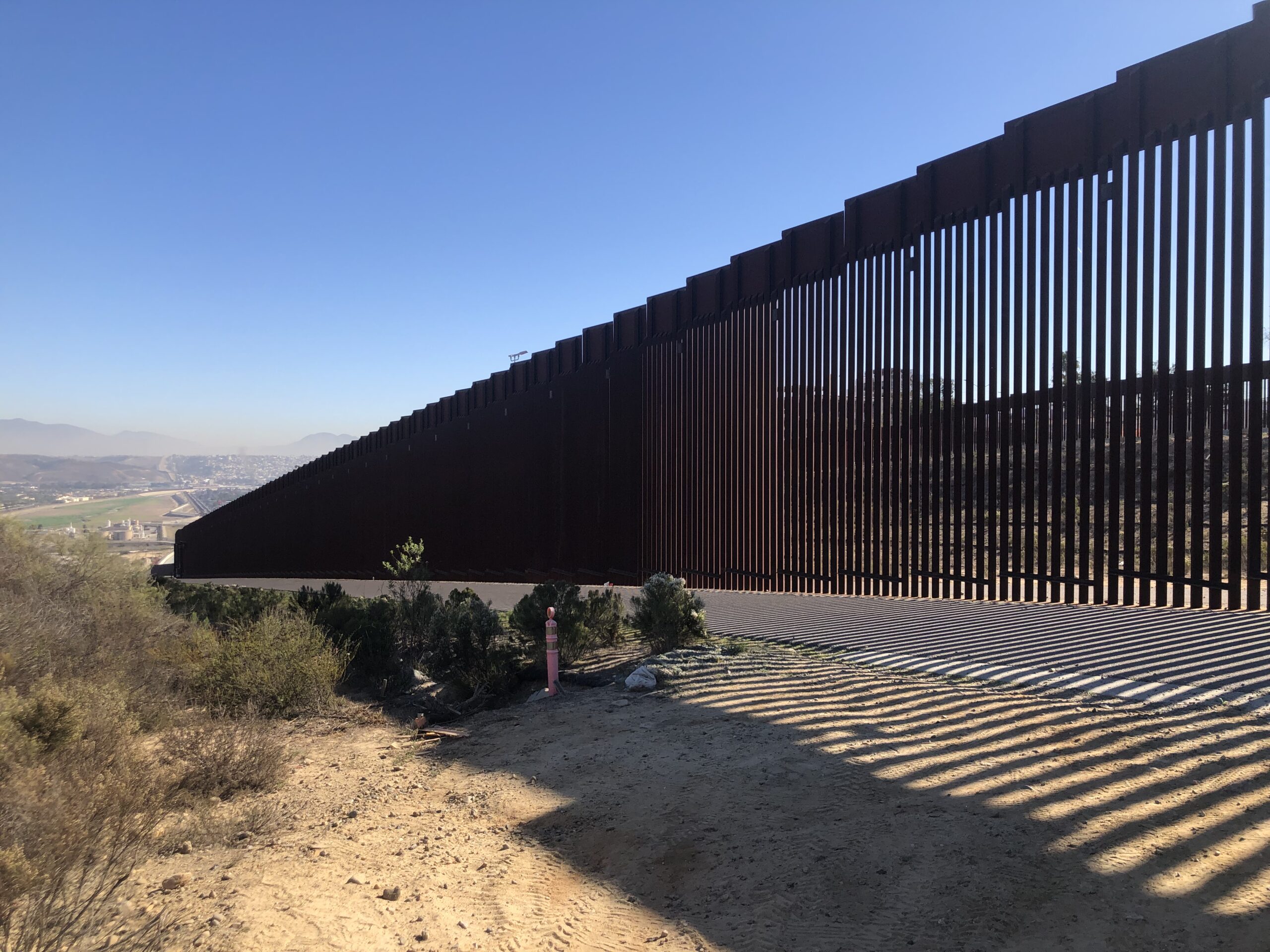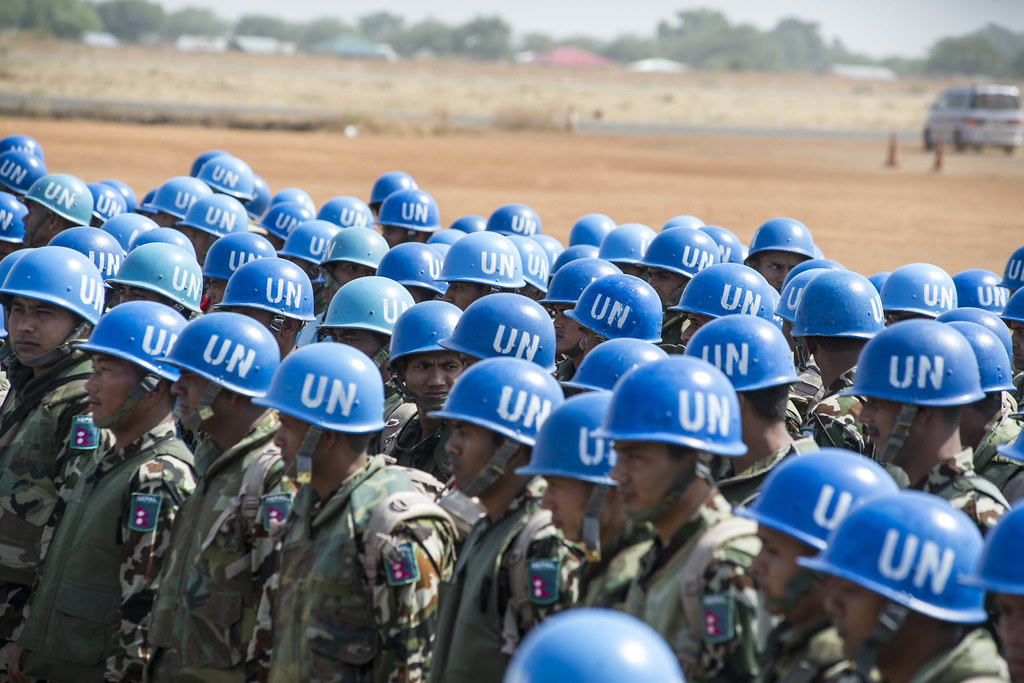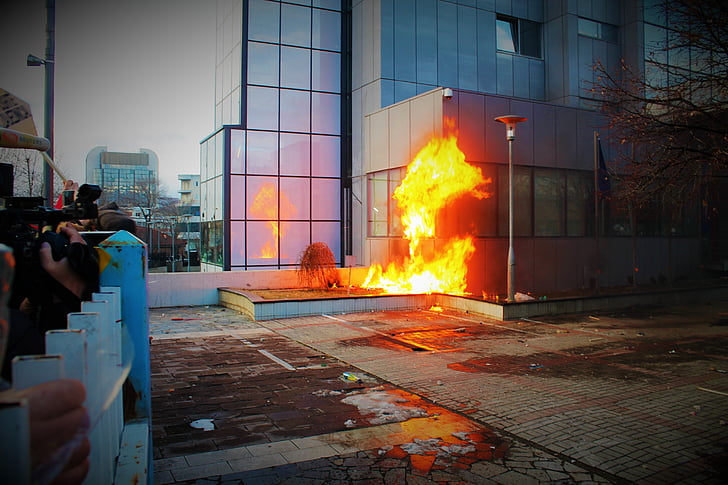
African Religious Philosophy as a Resource for Peacebuilding
Conflict resolution approaches drawing on traditional African religious philosophy—especially in the form of proverbs and art symbols that express the social values and moral codes ordering society—can complement and even substitute for formal political institutions and actors, “infusing some creativity, innovation and sustainability” into peacemaking efforts on the continent.

Local Insecurity in Post-Peace Accord Colombia
Differing perceptions of security between local communities and state security actors have important implications for local peacebuilding—namely, for how international, national, and local state and non-state actors can support peacebuilding in contexts with on-going violence by using the “‘local’ [as] a point of departure” for designing security and peacebuilding strategies.

Women Acting to Dismantle Violent Extremism
“Violent extremism” must be reconsidered from the standpoint of local women, rather than from a “narrow, Western-centric, and male-dominated” perspective—a move that reveals, in the context of Iraq and Syria, the inclusion under that label of violence attributed not only to Salafi-Jihadist groups but also to government forces, “government-affiliated militias,” and patriarchy.

The Status of Civil Society Influences Whether Democracy Aid Spurs Civil War
Foreign democracy aid increases the likelihood of violence in contexts where civil society organizations (CSOs) are weaker—where these groups have faced state repression and/or exclusion, or where they exhibit low trust in the government’s commitment to democratic reforms.

Does Security Force Fragmentation Make Defections More or Less Likely?
The kind of security force fragmentation matters when it comes to how likely security forces are to defect in the face of a violent or nonviolent uprising.

Experiences of Structural Violence in the Stories of Undocumented Latinas in the U.S.
A selected group of undocumented Latina immigrants in the U.S. reported experiencing direct and indirect violence; and negative physical and emotional consequences from violence.

Does Increasing the Number of UN Peacekeepers Prevent Forced Displacement?
An increase in the number of peacekeepers in an area did not reduce the number of incidences of forced displacement or the number of internally displaced persons (IDPs) fleeing that same area.

Why Do Individuals Support Political Violence?
When aggrieved individuals perceive that their political activities make a difference, they are less likely to support political violence to change the status quo, meaning that this sense of “political efficacy” is a moderating factor in individuals’ likelihood to support political violence.

Why Do Some Protests Escalate to Violence?
A protest is more likely to escalate to violence a) the more recently it has faced state repression and b) when it is spontaneous rather than well-organized.

Power and Co-optation in Protester-Police Interactions in Nonviolent Protest
In South Africa, “dialogue policing” and other seemingly benign “soft-policing” tactics during protests ultimately serve the interests of the state.

The Role of National Identity in American Responses to Terrorism
The U.S. response to terrorism, both domestic and transnational, has been rooted in ontological security, meaning that a state will seek to protect and perpetuate its own national identity, resulting in the U.S. government historically overlooking terrorism perpetrated by right-wing groups that aligned with a dominant American national identity.
